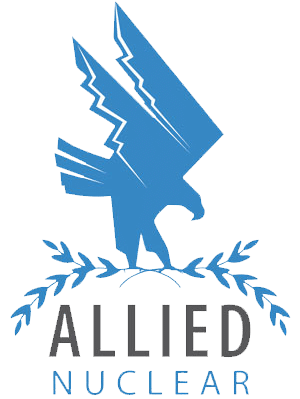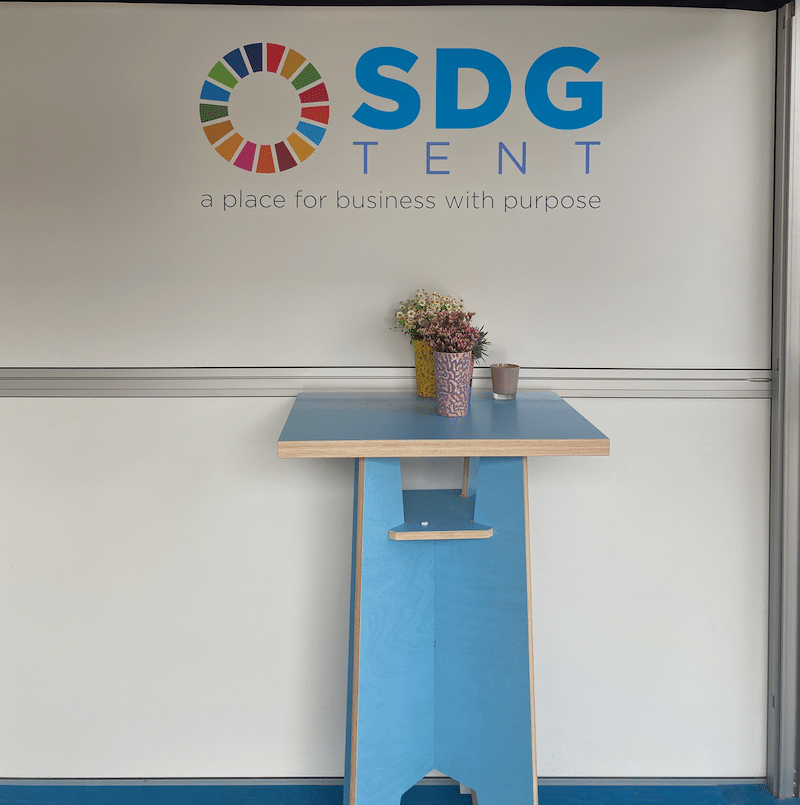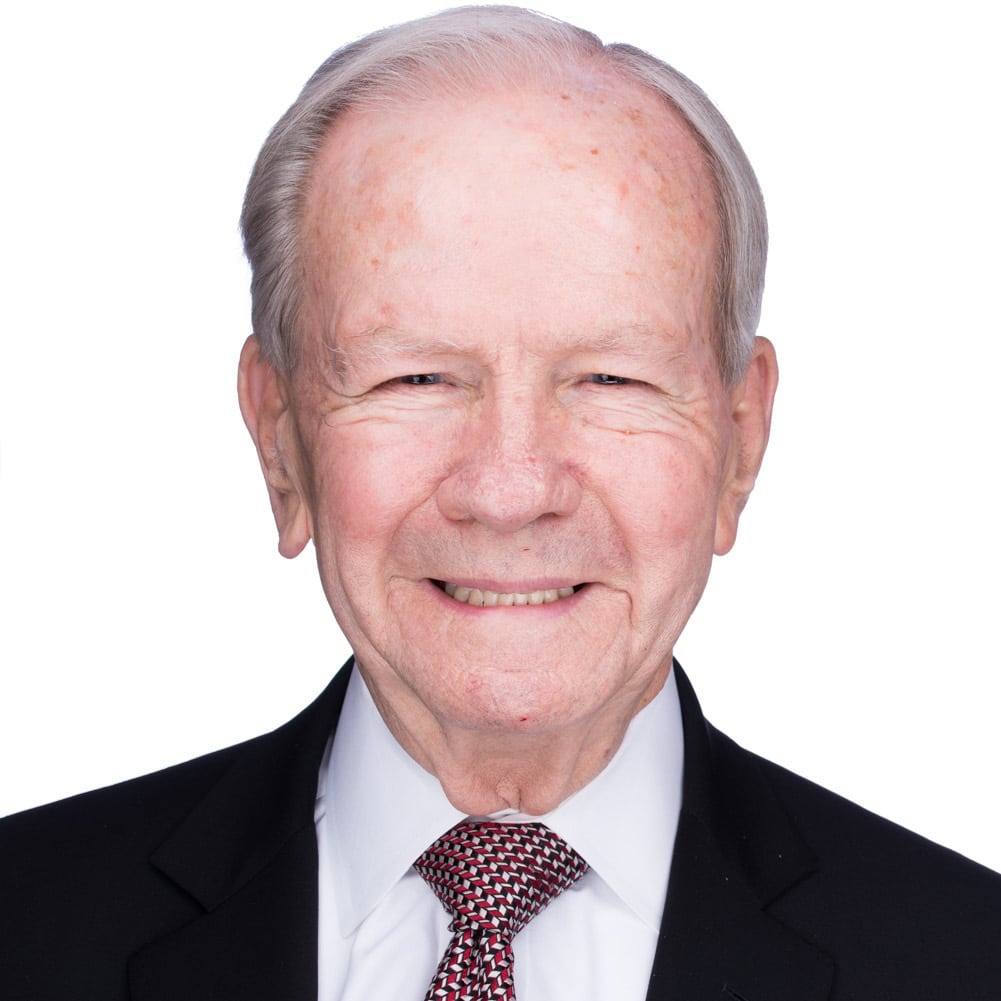In the pages of the National Interest, David Gattie joins IP3 CEO and co-founder RDML (ret) Michael Hewitt, U.S. Navy, to characterize the battle for the hearts and minds of emerging economies and uncommitted nations. Today’s events reflect how the principles of the Peace of Westphalia are evolving from those 17th century notions of state sovereignty, inter-state diplomacy, and balance of power in Europe.
Describing the core objective of great power competition, the article demonstrates how great powers may compete, but weaker powers determine who wins. David Gattie is a Senior Fellow at UGA’s Center for International Trade and Security and Associate Professor at the University of Georgia’s College of Engineering.
Energy as the currency of the twenty-first century, just like oil in the twentieth century, is starting to dominate decision-making by rational actors and allies in Europe.
Russia and China recognize this disconnect and are capitalizing on the opportunity to gain geopolitical influence through oil, natural gas, coal, civilian nuclear partnerships, and renewable technologies—an all-the-above offering. This is particularly problematic with civilian nuclear power—a technology the U.S once dominated globally but in which it has been largely dormant for the past thirty-plus years.





